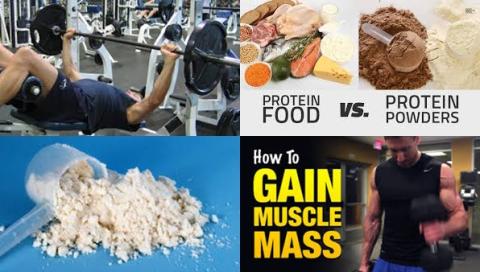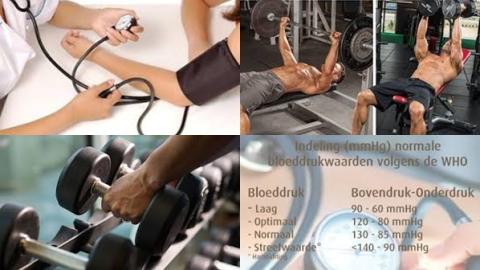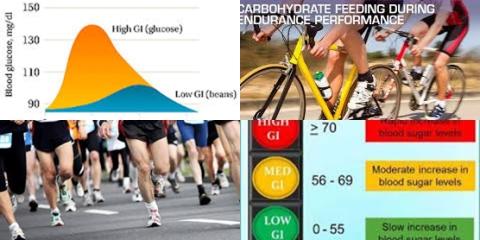No more than 1.62 g/kg/day dietary protein supplementation augments resistance exercise training induced gains in muscle mass and strength in healthy adults

Objectives:
Does dietary protein supplementation augment resistance exercise training (RET)-induced gains in muscle mass and strength?
Study design:
This review article included 49 RCTs with RET ≥6 weeks in duration, involving 1,863 participants.
Results and conclusions:
The investigators found that during periods of prolonged RET, dietary protein supplementation significantly increased changes in:
-strength-one-repetition-maximum [2.49 kg, 95% CI = 0.64 to 4.33];
-FFM (fat free mass) [0.30 kg, 95 BI = 0.09 to 0.52];
-muscle size-muscle fibre cross-sectional area [CSA = 310 µm2, 95% CI = 51 to 570] and
-mid-femur [CSA = 7.2 mm2, 95% CI = 0.20 to 14.30]
The investigators found that the impact of protein supplementation on gains in fat free mass (FFM) was reduced with increasing age [-0.01 kg, 95% CI = -0.02 to -0.00, p = 0.002] and was more effective in resistance-trained individuals [0.75 kg, 95% CI = 0.09 to 1.40, p = 0.03].
The investigators found that protein supplementation beyond total protein intakes of 1.62 g/kg/day resulted in no further RET-induced gains in fat free mass.
The investigators concluded dietary protein supplementation (1.62 g/kg/day) enhances changes in muscle strength and size during prolonged resistance exercise training in healthy adults.
Original title:
A systematic review, meta-analysis and meta-regression of the effect of protein supplementation on resistance training-induced gains in muscle mass and strength in healthy adults by Morton RW, Murphy KT, […], Phillips SM.
Link:
https://www.ncbi.nlm.nih.gov/pubmed/28698222
Additional information of El Mondo:
Find more information/studies on sport nutrition and protein right here.


